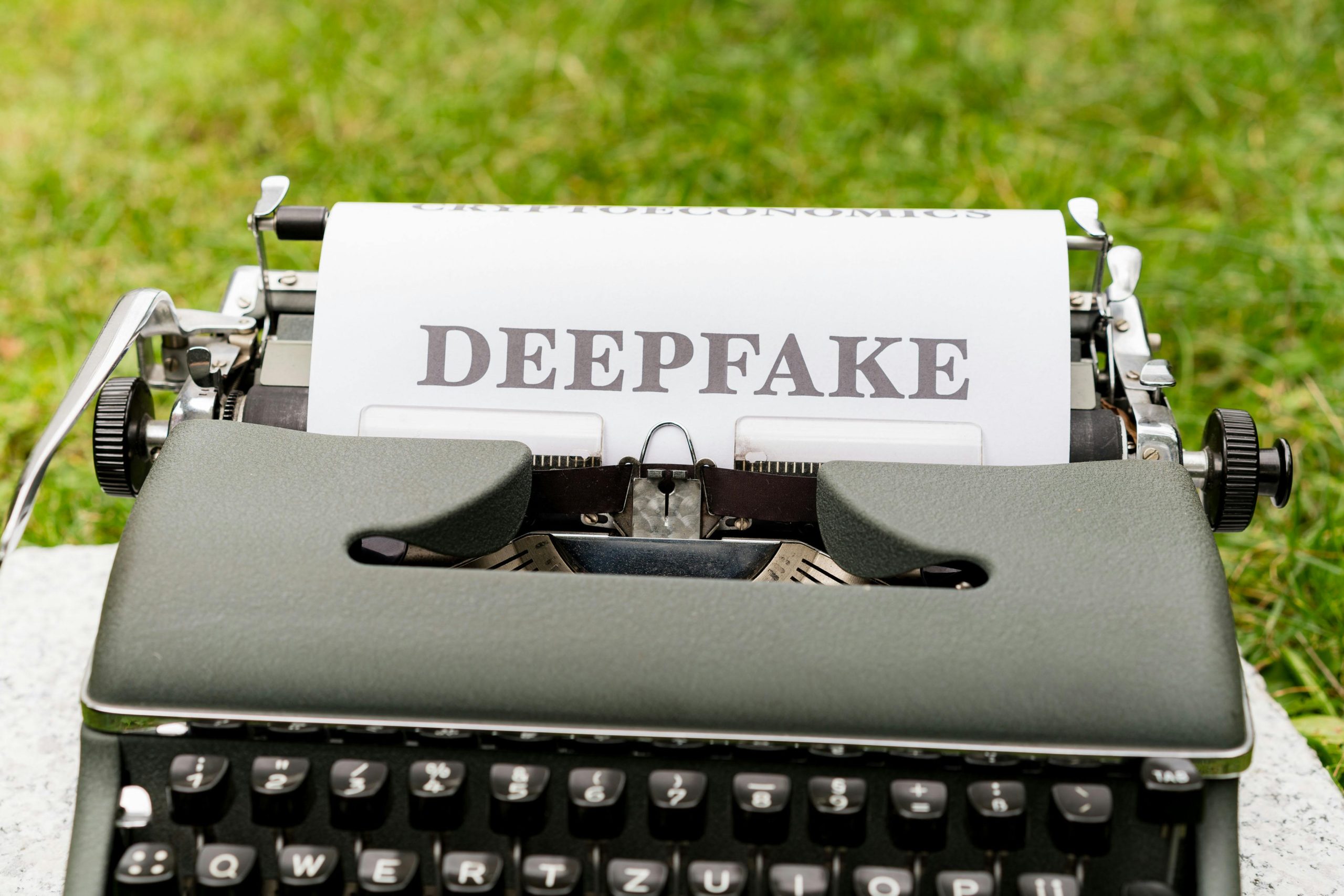I used an AI for 7 months to search for a Theory of Everything. I failed. And it’s the best thing that could have happened.
Embracing the Process: How AI Can Deepen Your Search for Fundamental Truths
In recent months, I dedicated over half a year to collaborating with artificial intelligence in the pursuit of uncovering a Theory of Everything. The outcome? I didn’t find the grand unifying principle I was seeking. And surprisingly, this “failure” might be one of the most valuable experiences I’ve had.
Rethinking the Role of AI in Scientific Discovery
All too often, discussions around AI revolve around its capacity to generate equations or solve complex calculations. Many treat it as a tool for quick answers, a sort of equation-creating machine. However, after a prolonged period working closely with AI, I’ve come to see its true strength doesn’t lie in producing solutions but in reflecting our reasoning back at us—acting as an unforgiving mirror that challenges our assumptions.
In communities dedicated to fundamental physics, AI-related posts are everywhere. The real issue is not the technology itself but how we leverage it. Too often, we use AI as an oracle, seeking confirmation for pre-existing theories rather than rigorously testing them. Framing prompts around validation yields comforting but potentially deceptive results, while prompts designed to uncover flaws push us toward genuine understanding. The distinction is crucial: do we want affirmation or truth?
From Inspiration to Methodology
My journey began with an inspiring idea—a conjecture about a dynamic “ether” that could influence fundamental interactions. At first, working with AI felt almost magical. The outputs seemed extraordinary, prompting feelings of accomplishment and maybe even complacency. But I set out to challenge myself, not to validate but to scrutinize.
Instead of seeking validation, I intentionally requested conflict. I asked the AI to find logical flaws, question assumptions, and test the robustness of my hypothesis. This approach kept me on my toes, preventing complacency and encouraging a more disciplined inquiry. The process was demanding—forced me to confront my biases and re-examine every assumption.
Unexpected Lessons and Personal Growth
One of the most transformative outcomes of this process was my newfound proficiency in Python coding—an area I had previously seen as unrelated to my core research. What’s more impactful, however, was my shifted perspective on knowledge and discovery.
Eventually, the hypothesis I had been so attached to—the idea of a persistent “ether”—was thoroughly dismantled by real data. Not partially, but conclusively. This wasn’t a defeat; it was an affirmation of scientific integrity. It reinforced the principle














Post Comment